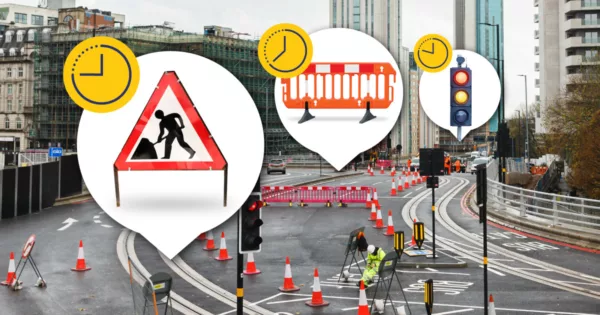
News
Re-flow Analysis: Spring Budget Industry Roundup


Jeremy Hunt released his spring budget two weeks ago to what was described as a collective national shrug. Now that a little time has passed, the newsworthiness of the big changes – abolishing non-dom status (to be replaced by something “fairer”) and cuts to national insurance – have lost their places in the country’s consciousness in favour of a few vaguely connected news stories: stories about a badly photoshopped family portrait (not necessarily these ones) and the potential use of a body double in a public appearance. Other distracting articles included suspiciously expensive vet fees, and Greggs being hit by IT issues.
Maybe it’s all just as well. With the tax burden accumulatively rising, hoping to pick out positives from this particular financial stream feels like championing a gold rush a decade or so too late. Like embodying the Don Quixote of prospecting.
Anyway, here are some construction-industry headlines that caught our eye:

Little in the way of sustainability or plans to achieve Net Zero
Re-flow aims to get global infrastructure businesses prepared for the future. Our field-management software reduces carbon output by driving efficiencies in asset management (eliminating wasted journeys), automation (speeding up workflows – a huge understatement), and communication that amounts to hundreds of hours of saved time. The saved time gives businesses the breathing and financial space needed to modernise as much as they see fit. And soon, in the near future, we’ll also be able to measure carbon emissions in our reporting.
Quotes from the Association for Renewable Energy and Clean Technology summed up the budget as one that doesn’t “reflect the urgency of net zero.” They suggested that, with the net-zero economy growing at an impressive 9% (compared to GDP growth at 0.1%), more could have been done to grab the green bull by the horns.
The chancellor, if given the chance to rebuff these claims, would point to:
- The Green Industries Growth Accelerator receiving up to £120 million in extra funding to help build offshore-wind, carbon-capture, and storage supply chains
- The investment of £160 million to purchase two nuclear power sites. The first at Wylfa on Anglesey in North Wales, and the second in Oldbury, South Gloucestershire
- Great British Nuclear giving the green light to commence the second stage of the Small Modular Reactor selection process (developers for the designs of these reactors will be able to submit tender responses for the programme until June 2024)
For balance, other well-received decisions (OK – well-received from a green perspective) included the extension of the windfall tax charges on oil and gas companies by another year.

Construction
Eddie Tuttle, Director of Policy, External Affairs and Research at the Chartered Institute of Building, suggested that the speech lacked “long-term focus on issues like housing supply”. He said that he hoped the next budget, by whichever government, would “seize the opportunity to drastically improve the skills landscape for the construction sector –crucial for the success of levelling up and reaching our national housing targets.”
Muyiwa Oki, of the Royal Institute of British Architects, was also unimpressed.
“A weak economy, housing crisis, and climate emergency demand urgent attention,” he said.
“Millions of substandard, ageing homes are leaking energy and money. The government must bring forward…a well-funded programme to boost the green economy, cut emissions and lower people’s energy bills.”
He continued: “Today’s investment in new housing is welcome, but it’s a drop in the ocean compared to what is needed. Without more support, we will fail to deliver the number of high-quality, sustainable homes and places the country needs.”
As always, the snippet-worthy, radio/TV-news-bound headlines painted a more positive picture:
- £242 million invested in Barking Riverside and Canary Wharf to build 8,000 houses and transform the area into a hub for life-science companies
- £188 million allocated by the Levelling Up Secretary to support housing projects in Blackpool, Sheffield, and Liverpool (technically announced a week before the budget)
- An extra £400 million added to extend the 10-year Long-Term Plan for Towns. 20 new towns from across the UK have been added to the programme
Overall: Few Headlines and Business as Usual
Very little of this budget was aimed at Industry, with the emphasis instead on delivering a predictable pre-election tax giveaway.
The flipside is a lack of any real investment in infrastructure. And with no magic wand to change things, that means a continuation of the same economic pressures from the last few years.
If you’re interested in finding out more about how field management software can help with those pressures...
Contact us on 01392 574001 or book a demo



